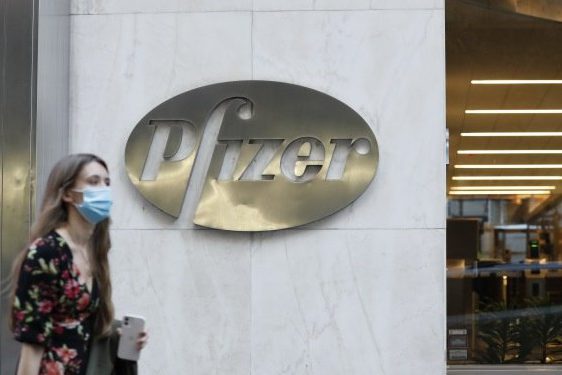February 11th local time, Yanakos, chairman of the National Federation of Public Hospital Workers of Greece, confirmed to the media that a 42-year-old female nurse working in a Corfu hospital had paralysis in her lower body recently after being injected with a second dose of COVID-19 vaccine.
Yanakus stressed that the female nurse was in good health before vaccination. He said the cause of the accident was due to the side effects of the vaccine.
According to the preliminary diagnosis, it was Guillain-Barrésyndrome that paralyzed the female nurse. According to the International Health Organization, Gillan-Barre syndrome is a rare disease in which the human body’s autoimmune system attacks its peripheral nerves.
People of all ages have the disease, but it is more common in adults and men. Although severe cases of Gillan-Barre syndrome are not common, they may lead to near complete paralysis.
According to the introduction, the female nurse is the mother of two children. She did not find any health problems before vaccination. At present, about 400,000 people in Greece have been vaccinated against the novel coronavirus.
Except for the female nurse, the rest of them have not had serious allergic reactions after vaccination.
A local Greek television station reported that the nurse was vaccinated with the first dose of coronavirus 25 days ago and the second dose this week.
Yanaks told the media that the nurse who had a fever and paralysis after being vaccinated with a second dose of vaccine, so he immediately went to the hospital. He said that the nurse still needs to take a wheelchair.
Neoano, president of the Corfu Hospital Union, made the same statement. He said that the nurse had served the hospital for 17 years. She could not walk after the vaccination accident, and the doctor is currently closely monitoring and treating her carefully.
Neoano said that this is a serious side effect case after vaccination against the novel coronavirus, and Pfizer must solve this problem, bear the medical expenses and compensate.
However, Dimopoulos, a Greek epidemic prevention expert and dean of the School of Medicine of the University of Athens, said in an interview with a local radio station on the 11th that there will be some incidents unrelated to the side effects of the vaccine during the vaccination process.
He believes that the symptoms of Gillan-Barre syndrome in the nurse have nothing to do with the coronavirus vaccine. “Although people initially thought it was associated with a vaccine, it turned out to be unrelated,” he said.
The incident has been reported to the Greek Minister of Health, but so far the Greek Ministry of Health has not issued an official statement and statement on the incident.
Previously, at the end of December last year, another Greek nurse had a “very mild allergic reaction” and tachycardia after the first dose of coronavirus vaccination.
According to current data, the COVID-19 vaccine produced by Pfizer can cause mild fever, headache, fatigue, arm soreness or chills, especially after the second dose of vaccine.
These minor side effects disappear in about two days, but other more serious reactions are extremely rare.



